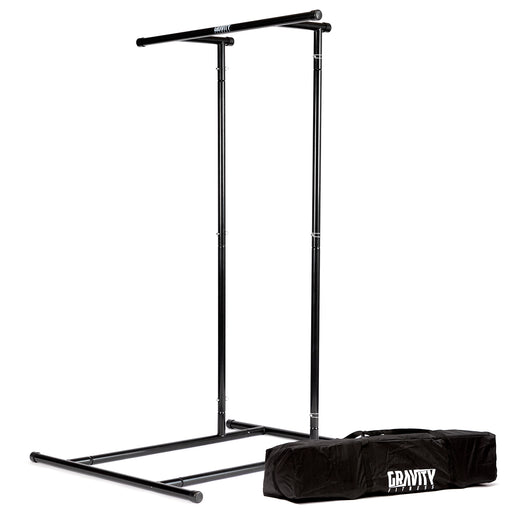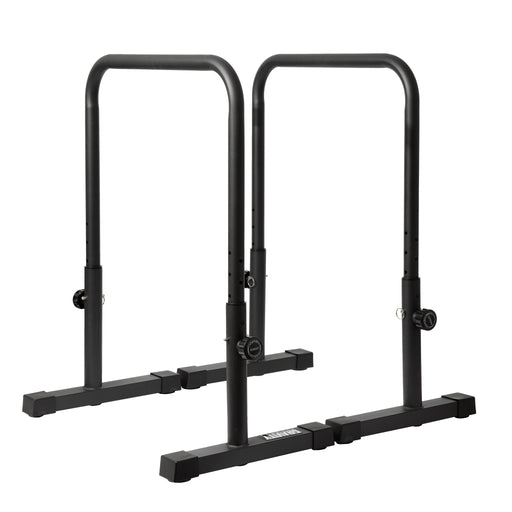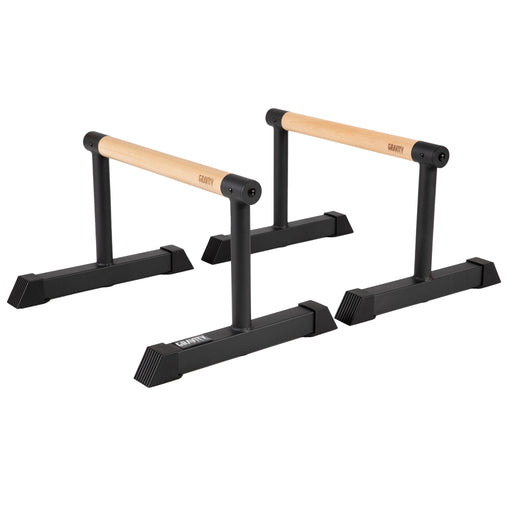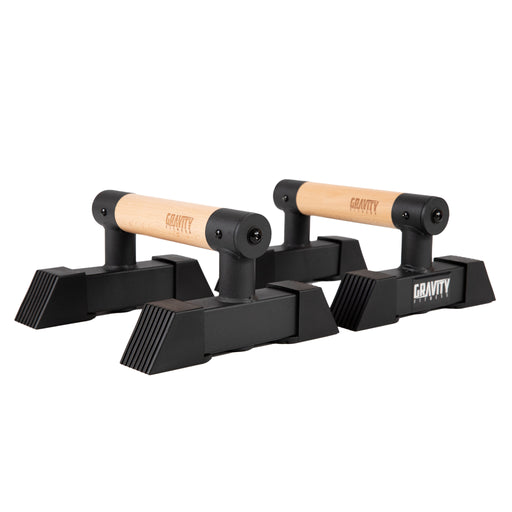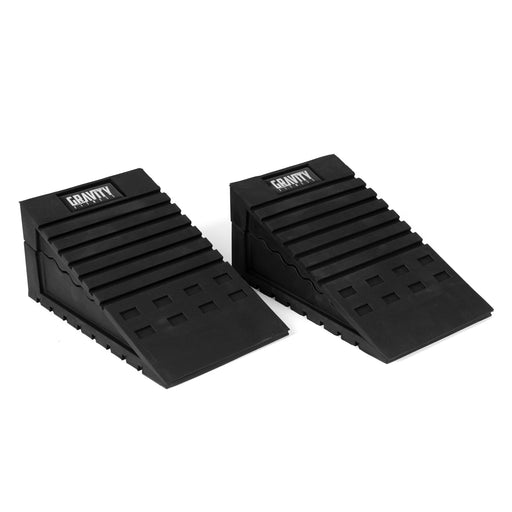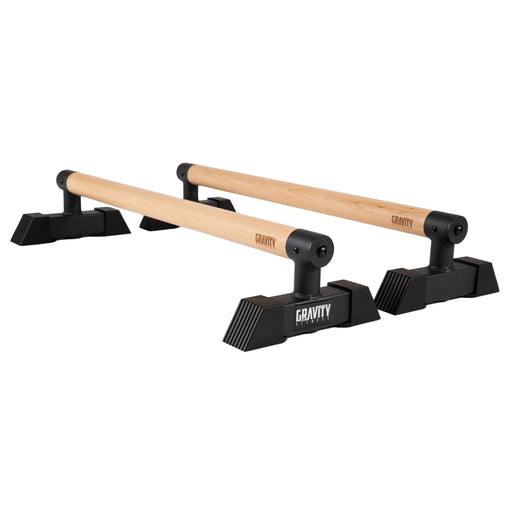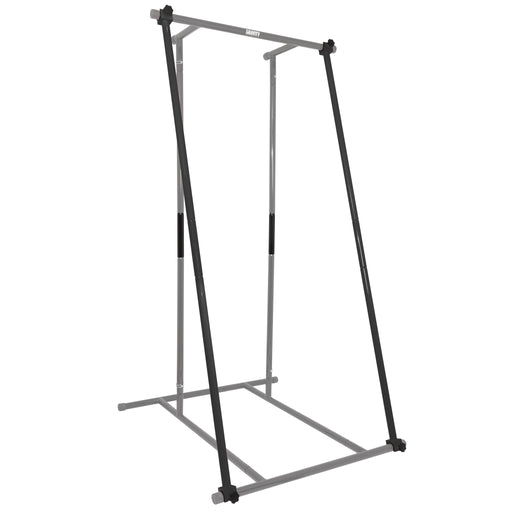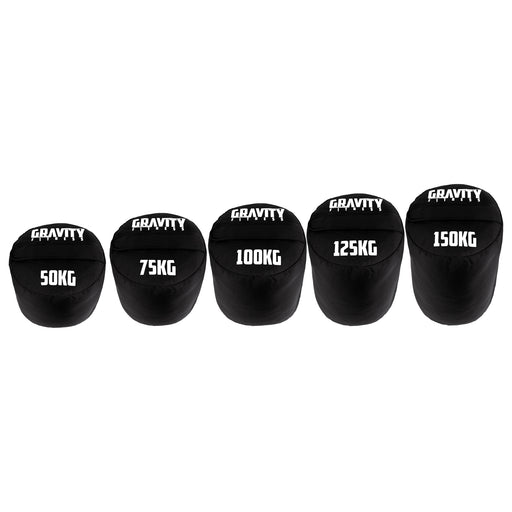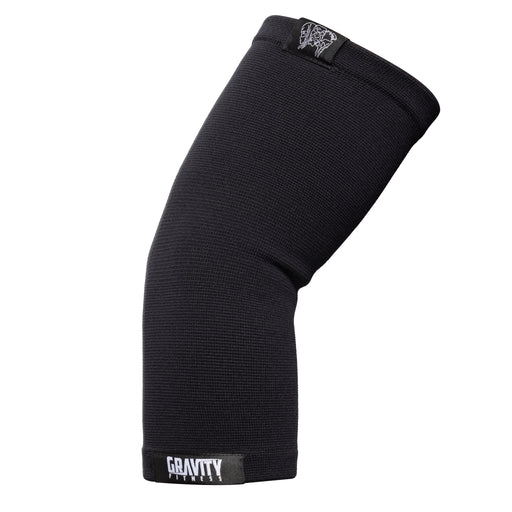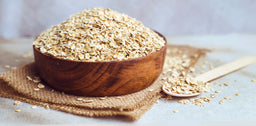
6 Winter Foods to Boost Your Health and Wellness
6 Winter Foods to Boost Your Health and Wellness
Do your eating habits change at this time of year? As the days get shorter and colder, it’s natural to feel your energy dip – and lots of people turn to takeaways and sweet stuff to get a buzz of energy. The darker months can take a toll on your healthy eating, but good nutrition can make a big difference to the way you feel.
Winter is actually one of the best times to focus on nutrition. Warming, nutritious, seasonal foods can help support your immune system, boost your energy, and even help you sleep better. Here’s how to make food work for you this winter.
Winter Nutrition That Supports Your Wellbeing
Nutrition is the foundation for energy, mood, recovery, and long-term health as well as training performance. When it’s cold and dark outside, your body needs a little extra support in these key areas:
Gut Health
A healthy gut supports digestion, nutrient absorption, and even affects immunity. Around 70% of your immune system lives in your gut, so it can make a real difference to how you feel over winter.
Energy and Satiety
Cold weather and shorter days can make us reach for comfort food. But choosing slow-release carbohydrates, fibre, and protein helps keep energy levels stable and cravings under control.
Sleep and Recovery
Foods rich in magnesium, tryptophan, and complex carbs can help you sleep more deeply and in turn recover better from training.
Immunity and Resilience
Vitamins A, C, and D, zinc, and antioxidants all play a role in supporting your immune system over winter.
Winter Foods That Boost Health and Wellness
Seasonal eating is good for the environment, good for your health, and tends to be good for your bank balance too. Winter wholefoods tend to be dense, hearty, and full of nutrients your body needs.
Here are six of the best foods to help you stay energised and feeling well through the colder months.
1. Bone Broth and Homemade Stock
This is the ultimate winter wellness staple. Bone broth is rich in collagen, amino acids, and minerals that support joint health, gut lining, and immunity.
You can make it yourself by simmering bones with vegetables, herbs, and apple cider vinegar for several hours. Or make a quick version using leftover roast bones – just don’t skip the slow simmer. You can freeze portions of homemade broth in jars or ice cube trays to add to meals throughout the week.
How to use it:
-
Sip it as a warming drink
-
Use it as a base for soups, stews, and risottos
-
Cook grains like rice or quinoa in it for extra flavour and nutrients
2. Root Vegetables
Carrots, parsnips, sweet potatoes, swedes, and beetroot are in season and they’re a great source of slow-release carbohydrates, fibre, and beta carotene (which your body converts to vitamin A).
These types of veg are filling and great for energy, releasing energy gradually to help you avoid reaching for unhealthy snacks.
How to use them:
-
Roast with olive oil and herbs for a simple side
-
Blend roasted carrots or parsnips into soup
-
Add diced root veg to stews or curries for natural sweetness and fibre
3. Apples and Pears
These simple British fruits are great for gut health thanks to their soluble fibre (pectin). Pectin acts as a prebiotic to feed good gut bacteria. They’re also rich in antioxidants and even help to hydrate you a bit. Leave the skins on as that’s where most of the fibre is.
How to use them:
-
Bake them with cinnamon for a comforting dessert
-
Add chopped apples or pears to porridge or overnight oats
-
Slice and roast alongside root vegetables for a sweet-savoury twist
4. Oily Fish
Vitamin D deficiency is common in the UK winter because of how little sunlight we get. Oily fish like salmon, mackerel, sardines, trout etc. are great sources of vitamin D and omega-3 fats which are crucial for immune function, joint health, and brain function. They’re also a good source of protein.
How to use them:
-
Grill salmon or trout with lemon and herbs
-
Add tinned mackerel or sardines to wholegrain toast for a quick meal
-
Mix flaked fish into a warm grain salad with roasted vegetables
5. Dark Leafy Greens
Kale, cavolo nero, spinach, and winter greens are rich in vitamins A, C, and K, as well as calcium, magnesium, and iron – micronutrients that are vital for muscle function and energy metabolism. They also help balance the heavier, carb-rich comfort foods we naturally gravitate to in colder weather.
How to use them:
-
Wilt into soups, stews, and curries at the end of cooking
-
Massage kale with olive oil, lemon juice, and salt for a side salad
-
Add a handful of spinach to your smoothie for extra nutrients
6. Beans, Lentils, and Pulses
Lentils and beans are perfect for winter meals. They’re warming, hearty, versatile, and cheap (got to love that with Christmas coming up). They’re also a decent source of plant protein and high in fibre, helping with fullness, blood sugar balance, and gut health.
How to use them:
-
Add to soups or stews for texture
-
Make a lentil shepherd’s pie or bean chilli
-
Blend into dips like hummus or lentil spread
How to Build a Healthy, Balanced Winter Routine
You don’t need to radically overhaul your diet to feel better this winter. Just aim for balance, with plenty of colourful vegetables, good quality protein, and healthy fats from seasonal whole foods.
Pair that with regular movement, hydration, and rest, and you’ll be set for a strong, healthy season.













